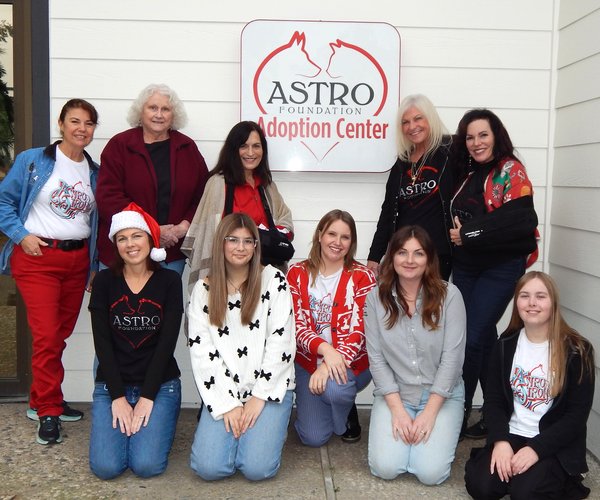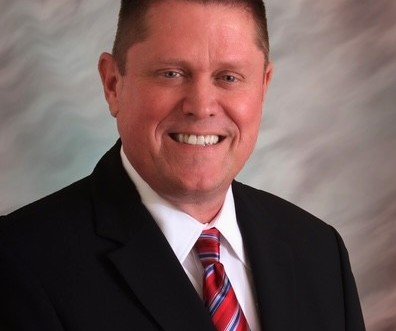California is the first state in the nation to restructure foster care rates in a youth-centered way that will help support children in family settings by enabling families to receive the support and care they need to thrive. The new, permanent, tiered rate structure is based on the child’s assessed level of need and strengths, not placement type, the California Department of Social Services noted through a news release issued Aug. 5.
Previously, residential facilities were paid a higher rate than the rate available to support grandparents or foster families, for example. These changes will make it more financially feasible for children to be supported in family homes, where research shows they do best, ultimately leading to better outcomes for individuals, families, and communities. The new rates will take effect beginning July 1, 2027.
“We know children do best when they have strong, supportive connections to their families,” said Dr. Mark Ghaly, Secretary of the California Health and Human Services Agency. “This new, innovative foster care rate structure will result in better outcomes for youth in foster care in the short term and long term. We’re especially grateful to Governor Gavin Newsom and the Legislature for their support of this important reform.”
“In California, we have taken many recent, significant steps to support foster youth with the goal of meeting the needs of individual youth and keeping them connected to their families to the greatest extent possible,” said Kim Johnson, Director of the California Department of Social Services (CDSS). “The new tiered rate structure represents a groundbreaking investment and reaffirms our commitment to directly supporting foster youth and families. By restructuring the rate system in this manner, we will help address historical racial inequities and help break the cycle of intergenerational poverty and trauma.”
The CDSS Continuum Care Reform (CCR) was founded upon the collective belief that all children served by the foster care system need, deserve, and have an ability to be part of a loving family, reducing the need to rely on congregate settings. When the CCR began in 2017, an interim foster care rate structure was created. It included a level of care system for children in family settings and a separate rate structure for congregate settings. However, statute required California to establish an ongoing payment structure.
The permanent rate structure, which was recently adopted in the 2024-25 State Budget, is based on a child’s needs and strengths, as identified by the Child and Adolescent Needs and Strengths Tool (CANS) assessment. The CANS tool assesses well-being, identifies a range of social and behavioral healthcare needs, supports care coordination and collaborative decision-making, and monitors outcomes of individuals, providers, and systems.
Jevon Wilkes, Executive Director, California Coalition for Youth and Director of Youth Engagement, California Children’s Trust, said: “California needs to give kids in care everything we can, and this budget is an enormous step toward making that happen. When we get this right for system-involved kids, we model quality care for all children in California.”
The new permanent rate structure is one of many recent investments and efforts to support the state’s foster youth. In recent years, California has invested heavily in supporting counties to meet the complex care needs of foster youth. Funding is used to build the capacity of the continuum of care, with an emphasis on supporting a variety of services and supports to stabilize and maintain placements in home-based settings. Some of these recent investments include:
$224 million for prevention services and supports to help keep children with parents and avoid entry into foster care.
$150 million for specialized permanency work, including culturally responsive, family-centered, and trauma-informed family finding and engagement services that are focused on establishing and maintaining permanent connections to the child’s relatives.
$100 million for flexible family supports to increase home-based family care and provide additional resources to support respite enrichment activities, facilitating a placement with a relative or extended family member, or to maintain connection to family members.
$18.1 million in ongoing, annual funding to support the urgent needs of individual youth with complex needs in the least restrictive setting possible.
$43.3 million for capacity building to support youth with the most complex care needs and to continue to build the continuum of care to enable children to be successful in the least restrictive settings possible.
$100 million to increase the use of home-based family care and the provision of services and supports to children in foster care and their foster caregivers.
In addition, the CDSS, in partnership with the University of California, Davis, launched the Center for Excellence in Family Finding, Engagement and Support. This will provide support for county efforts in keeping youth connected to their family members to the greatest extent possible. The Center provides statewide, culturally appropriate training and technical assistance to county child welfare and probation departments, behavioral health, and other child-serving stakeholders, including Tribal partners and service providers. This enhances their practices, policies, and efforts for family finding, support, and engagement.
“California Youth Connection is a youth-led organization that is committed to advocating for meaningful reform within the child welfare system, particularly for the benefit of future generations of foster youth. After conducting a thorough analysis of the new rate structure, our membership views this as a groundbreaking step by California to invest in the well-being of foster youth and their families,” said Kristina Tanner, Statewide Policy Coordinator, California Youth Connection. “We are particularly excited about the inclusion of strength-building funds, which will broaden access to enrichment activities and other supports identified by young people themselves. If implemented successfully, these rates have the potential to usher in a funding system that prioritizes the needs and the strengths of youth regardless of their placement by allocating specific funds for youth strengths and promptly addressing their immediate needs. These rates represent a substantial shift toward a more compassionate and efficient support system.”





